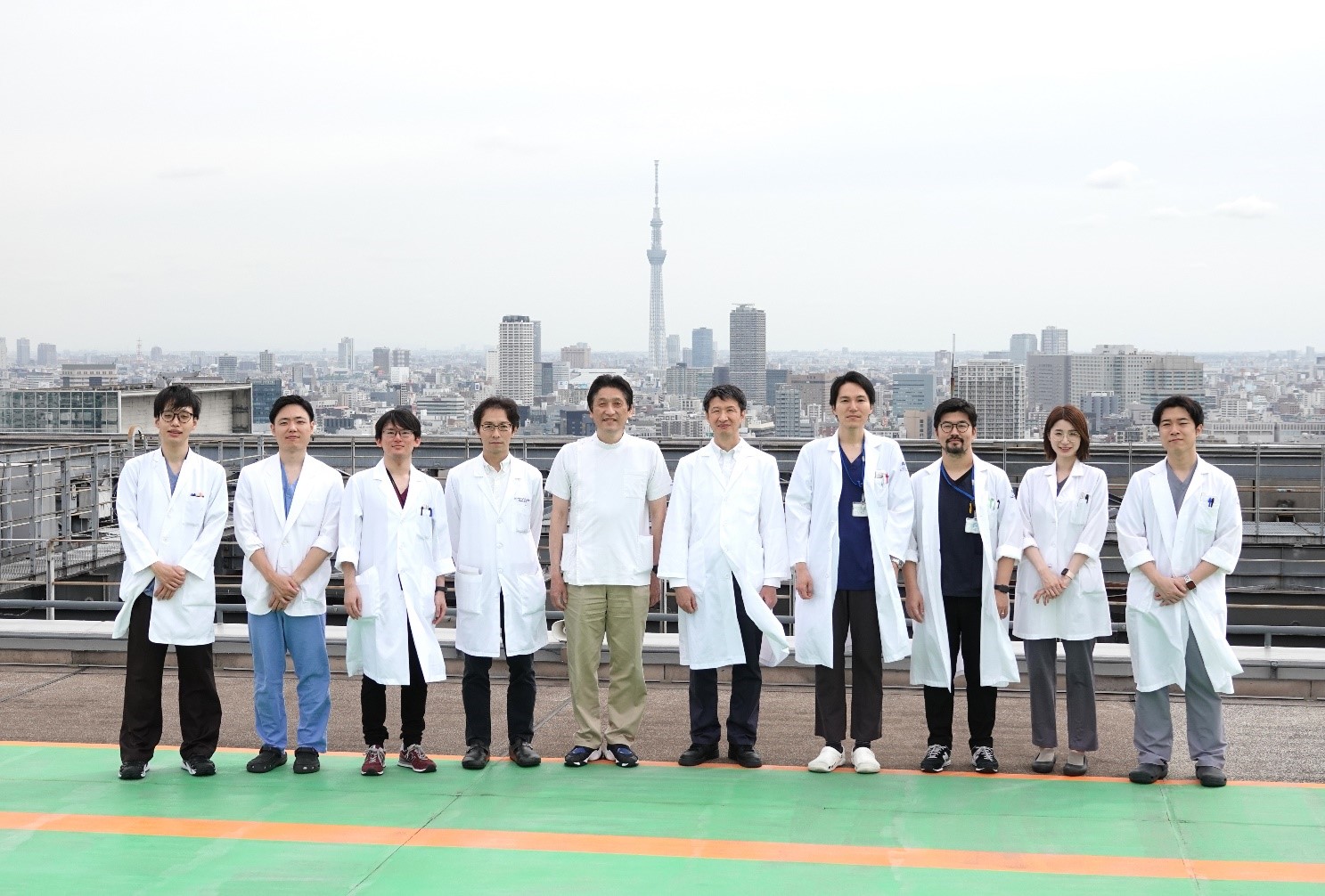Recent advances in the treatment of skin cancers

Naoya Yamazaki
Malignant melanoma mainly occurs in the skin, but in East Asians, approximately 20% of cases originate in the mucous membranes. The Department of Dermatologic Oncology is a “melanoma department” that multidisciplinaryly treats advanced cases of mucosal melanoma in addition to cutaneous melanoma. Our department is one of the highest volume centers in Asia, and in 2023 we will accept 148 new patients with melanoma per year, striving to improve treatment outcomes and developing new drugs for postoperative adjuvant therapy and advanced cases.
Skin cancer is a rare cancer in Japan, but the number of patients with various types of skin cancer has increased four to five times compared to 20 years ago. We are developing individualized and minimally invasive treatments in place of extensive surgery, including collaborating with endoscopists to develop surgery for anal Paget’s disease and conducting clinical trials of BNCT (Boron Neutron Capture Therapy) with radiation therapists.
For advanced skin cancers other than melanoma, the number of patients is even smaller and treatment options are limited, but it has recently been found that immune checkpoint inhibitor is effective.
The development of treatments for skin cancer is entering a new era, and further improvements in treatment results are expected.



